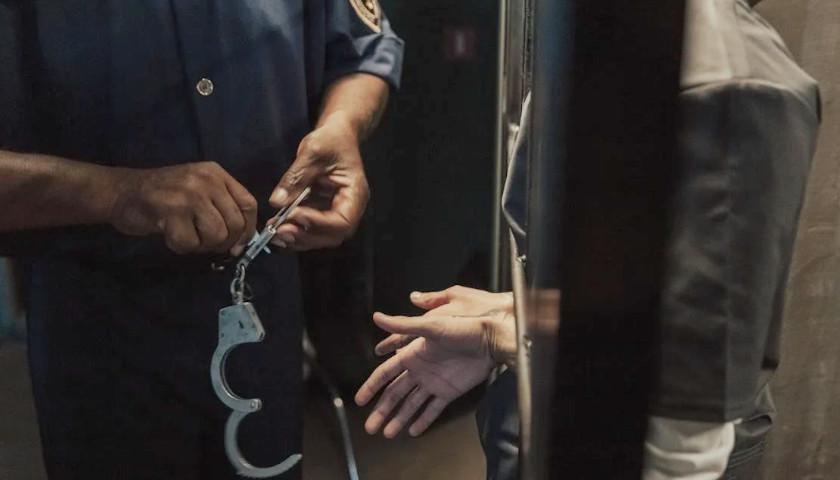Ten bills concerning school safety passed during the most recent legislative session of the Tennessee General Assembly and signed into law by Governor Bill Lee will take effect on July 1.
Two bills – Senate Bill 1715 and Senate Bill 2901 – address safety in schools across the Volunteer State by assigning and increasing the availability of school resource officers (SROs) in schools.
Senate Bill 1715 authorizes a law enforcement agency to assign an officer to serve as an SRO at a school within a local board of education’s control that has not entered into a memorandum of understanding with a law enforcement agency to assign a school resource officer to the school.
Senate Bill 2901 addresses the shortage of qualified SROs to be placed inside schools by allowing retired law enforcement officers to be reemployed as full-time SROs at public schools without losing or suspending their retirement benefits.
Three bills—Senate Bill 2263, Senate Bill 1501, and Senate Bill 1664—set to take effect next week address school safety by imposing tougher penalties for threats of violence against schools.
Senate Bill 2263 increases the crime of threatening to commit mass violence on school property or at a school-related activity from a Class A misdemeanor to a Class E felony. The new law, however, does not pertain to individuals with an intellectual disability.
When it comes to threats of violence communicated to other students, Senate Bill 1501 clarifies the definition of school property to add that students are held criminally liable for such threats. Previous law only covered threats made by students to teachers or other faculty.
A bill addressing threats of violence made against schools is Senate Bill 1664, which revokes the driving privileges for juveniles found to have made a threat of mass violence on school property or at a school-related activity.
Another bill to keep schools safe is Senate Bill 2365, which will authorize schools to remind parents of their obligation to disclose to the school if their child is convicted of certain delinquent acts. The law increases the penalty for parents or legal guardians who fail to do so from a Class C misdemeanor to a Class B misdemeanor.
Regarding the safety of school buses, Senate Bill 1680 requires school districts to place a notice via sign on every school bus stating that unauthorized individuals are not allowed to enter the vehicle. The new law also requires training for new school bus drivers and transportation supervisors to be familiar with the law and procedures concerning individuals improperly on school buses.
Strengthening school safety measures was also addressed by legislation concerning health among high school athletes.
Senate Bill 2175, the Smart Heart Act, requires high schools to provide automated external defibrillators (AED) accessible to students during school hours and within 1,000 feet of any athletic student activity. The bill also adds that the existing program must include training in cardiopulmonary resuscitation (CPR), first aid, and using an AED for all participants.
The last two bills concerning school safety, Senate Bill 2156 and Senate Bill 1868, include physical safety devices and measures students and schools can take in order to protect themselves and other students.
Senate Bill 2156 establishes a grant program to provide $60,000 annually to assist local school districts and public charter schools with installing rapid response devices. These devices can pinpoint the exact locations of an emergency and directly notify law enforcement in situations such as a medical emergency, unauthorized intruder, or other crisis.
Senate Bill 1868 specifically works to ensure college students feel safe on campus without facing criminal charges by clarifying that it is not a crime for adults to carry certain non-lethal weapons – including pepper spray, a pepper spray gun, pepper gel, mace, an electronic control device, a stun gun or other conducted energy device – in most buildings, recreation areas, and other facilities on public college campuses.
– – –
Kaitlin Housler is a reporter at The Tennessee Star and The Star News Network. Follow Kaitlin on X / Twitter.






Now if the schools would actually reinstall real disciplinary policies and get back to teaching basics things would be better still. Violence in any form, external or internal related needs to be curbed.